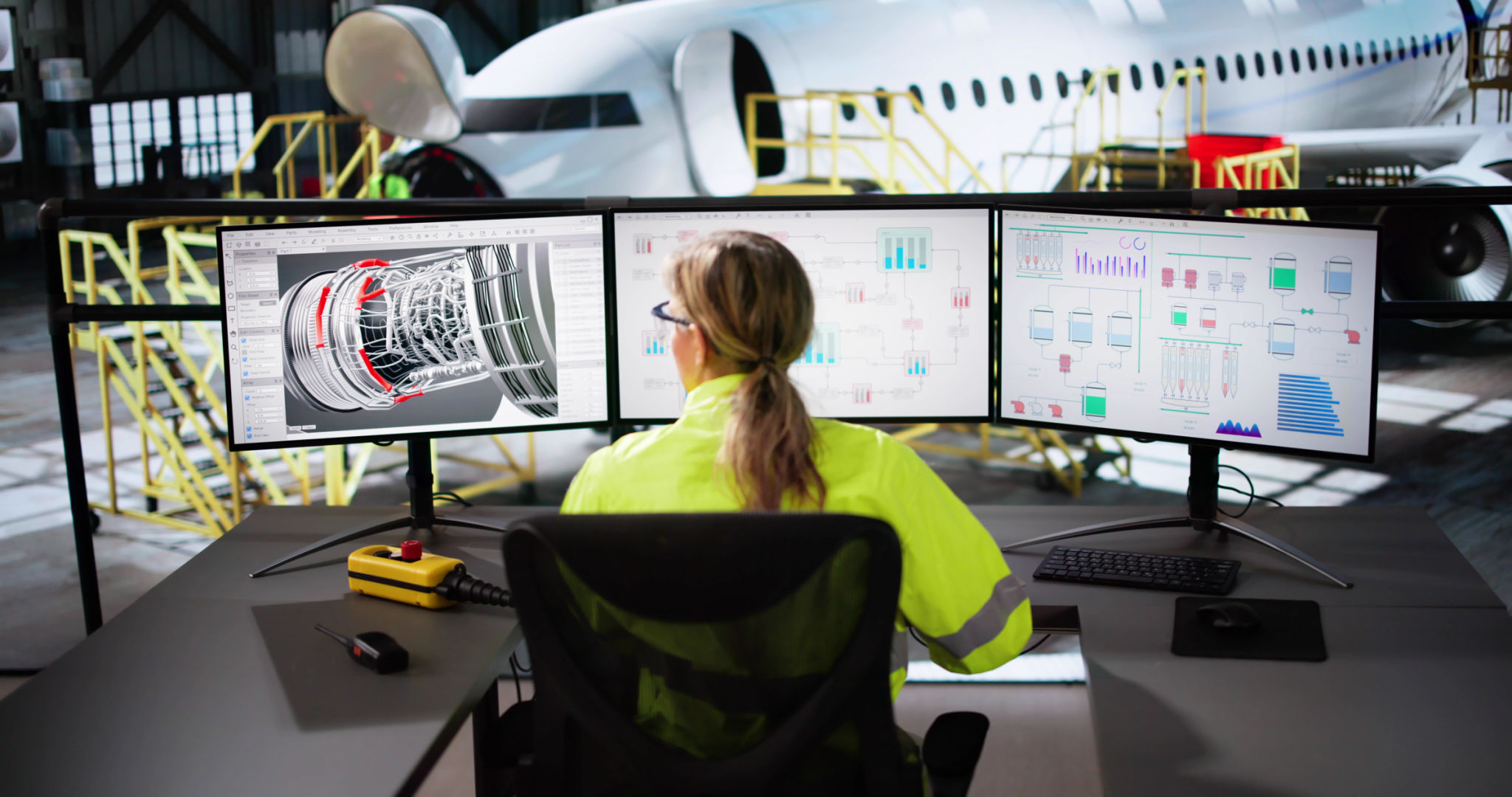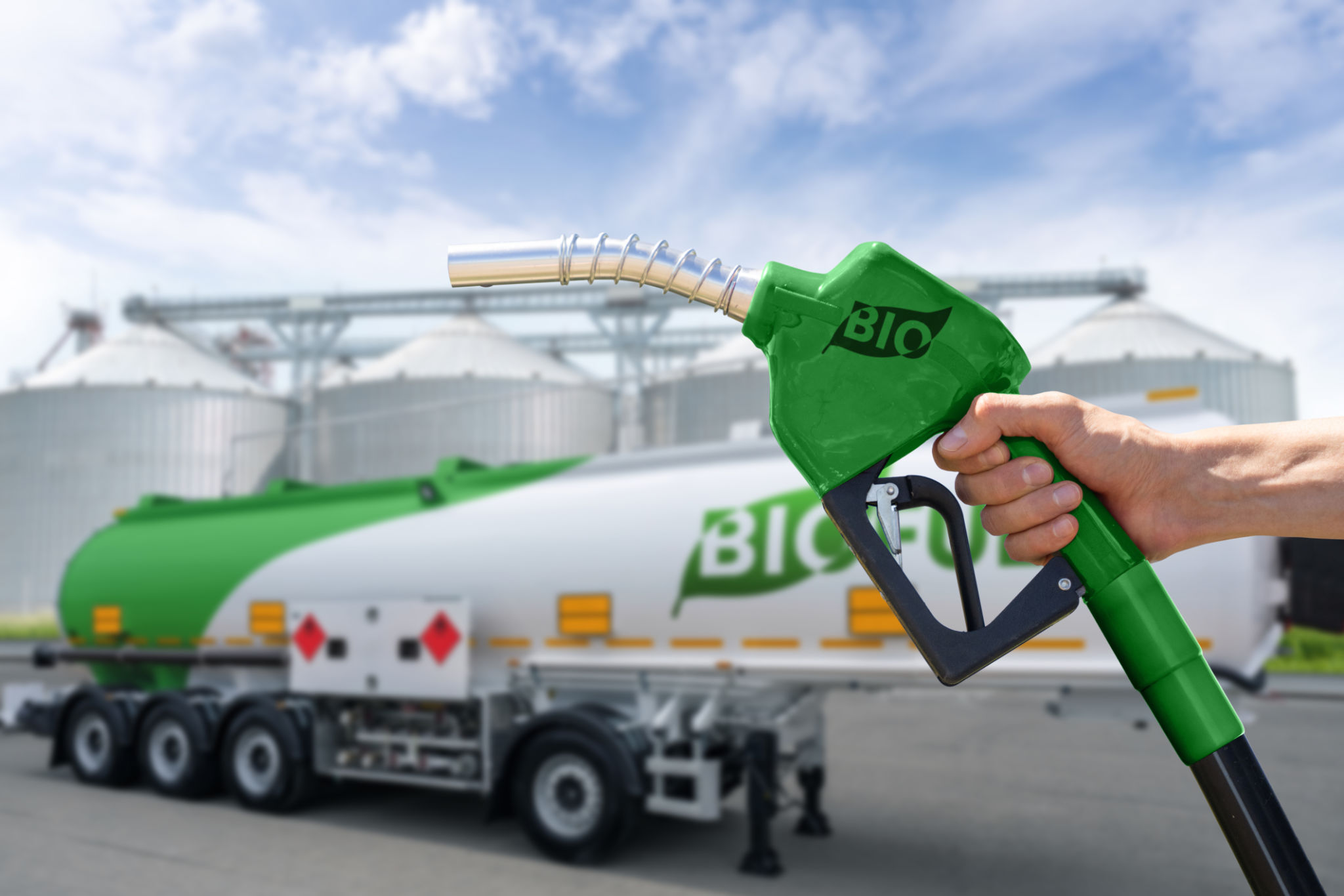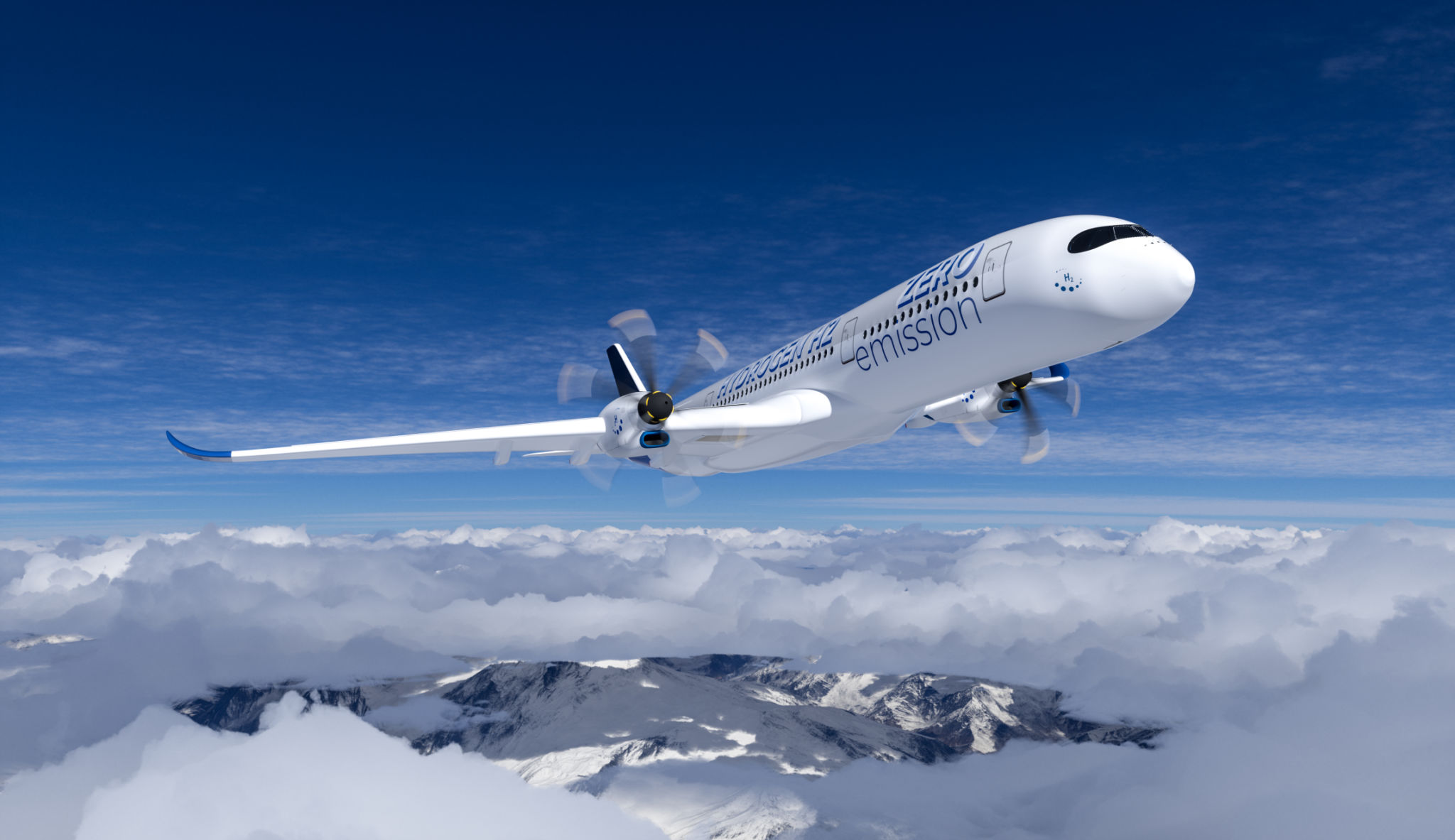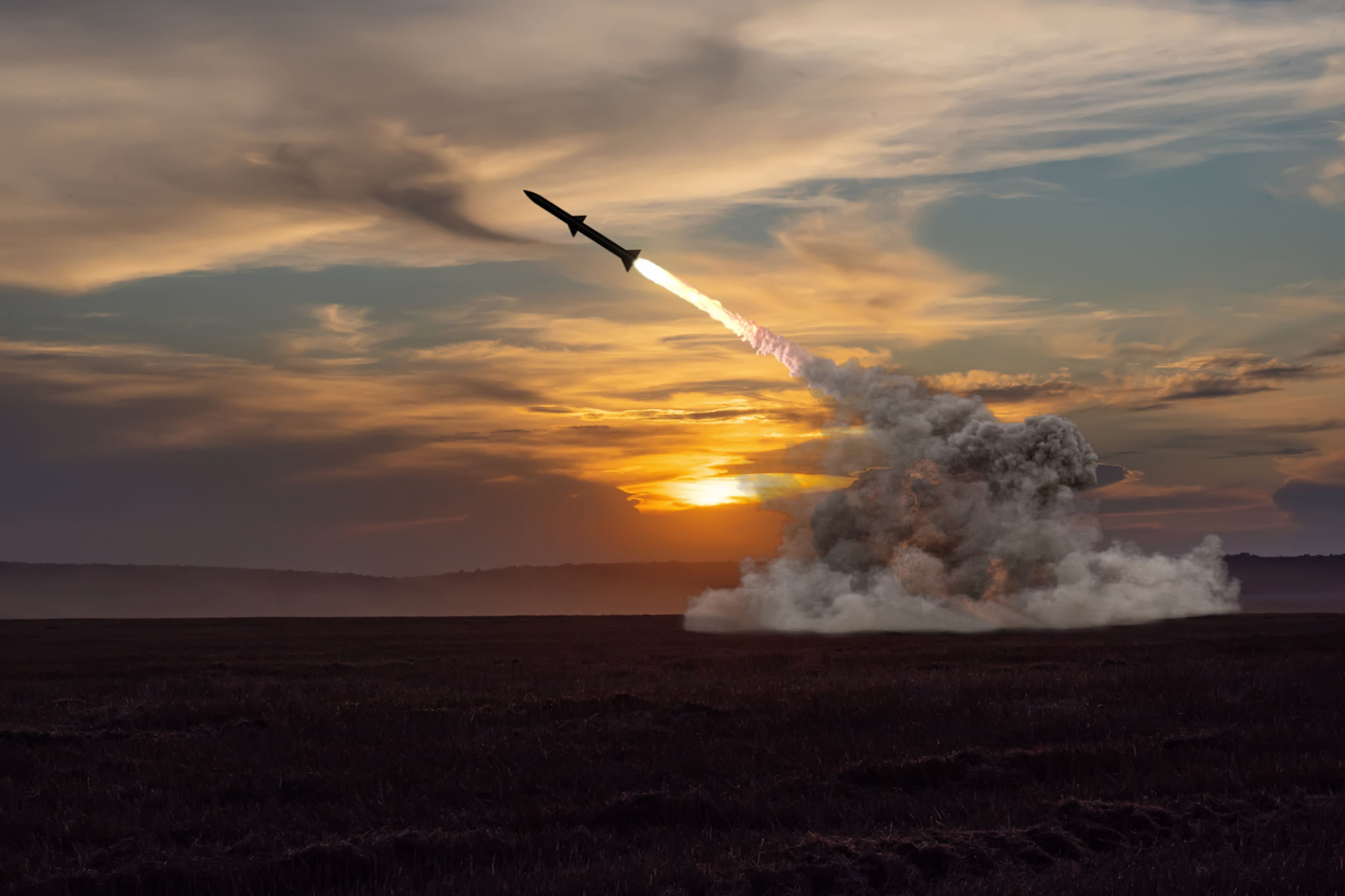Understanding the Environmental Impact of Aviation Technology Innovations
The Evolution of Aviation Technology
The aviation industry has undergone remarkable transformations over the past few decades, with technology playing a pivotal role in shaping modern air travel. While these innovations have improved efficiency and safety, they also come with environmental implications that cannot be ignored. Understanding the impact of these technological advancements is crucial in balancing progress with sustainability.
One of the most significant technological advancements in aviation is the development of more fuel-efficient engines. The introduction of high-bypass turbofan engines has significantly reduced fuel consumption and emissions. These engines are designed to improve thrust while minimizing energy loss, thereby reducing the carbon footprint of air travel.

Alternative Fuels and Their Impact
In the quest to reduce aviation's environmental impact, alternative fuels have emerged as a promising solution. Sustainable aviation fuels (SAFs) are derived from renewable resources and have the potential to reduce greenhouse gas emissions by up to 80% compared to conventional jet fuel. This shift not only helps in reducing carbon emissions but also supports global efforts to combat climate change.
The adoption of SAFs, however, faces challenges such as high production costs and limited availability. Despite these hurdles, airlines and governments are investing in research and infrastructure to increase the production of these eco-friendly fuels. With continued advancement and investment, SAFs could become a mainstream option for the aviation industry.

Electric and Hybrid Aircraft
Another groundbreaking innovation is the development of electric and hybrid aircraft. These aircraft use electric propulsion systems, which significantly reduce fuel consumption and emissions. While fully electric planes are currently limited to smaller aircraft due to battery limitations, hybrid models are being developed for larger commercial flights.
Electric and hybrid aircraft offer several environmental benefits, including reduced noise pollution and lower operational costs. As battery technology continues to improve, these aircraft could revolutionize the industry by providing a cleaner, quieter, and more sustainable mode of air travel.

Advanced Air Traffic Management Systems
Improving air traffic management is another critical area where technology can reduce aviation's environmental footprint. New systems enable more efficient routing and spacing of aircraft, which reduces fuel burn during flights. By optimizing flight paths and minimizing delays, these systems can significantly cut down on unnecessary emissions.
Moreover, advanced air traffic management systems contribute to greater operational efficiency and safety, benefiting both airlines and passengers. As technology continues to advance, we can expect even more sophisticated systems that further enhance environmental sustainability in aviation.
The Role of Policy and Regulation
While technological innovations play a crucial role in reducing aviation's environmental impact, policy and regulation are equally important. Governments worldwide are implementing stricter emissions standards and incentivizing the adoption of green technologies. International collaborations aim to create a unified approach to tackling aviation-related environmental issues.
Policies such as carbon offset programs and emission trading systems encourage airlines to invest in cleaner technologies. These initiatives not only foster innovation but also help align industry practices with global sustainability goals.

Challenges and Opportunities
Despite the progress made, challenges remain in fully realizing the potential of aviation technology innovations. High costs, technological limitations, and regulatory hurdles can impede the widespread adoption of new solutions. However, these challenges present opportunities for collaboration across industries, governments, and research institutions to drive innovation.
The future of aviation hinges on our ability to embrace sustainable practices and technologies. By prioritizing environmental considerations in technological development, we can ensure that the aviation industry continues to thrive while minimizing its impact on our planet.
